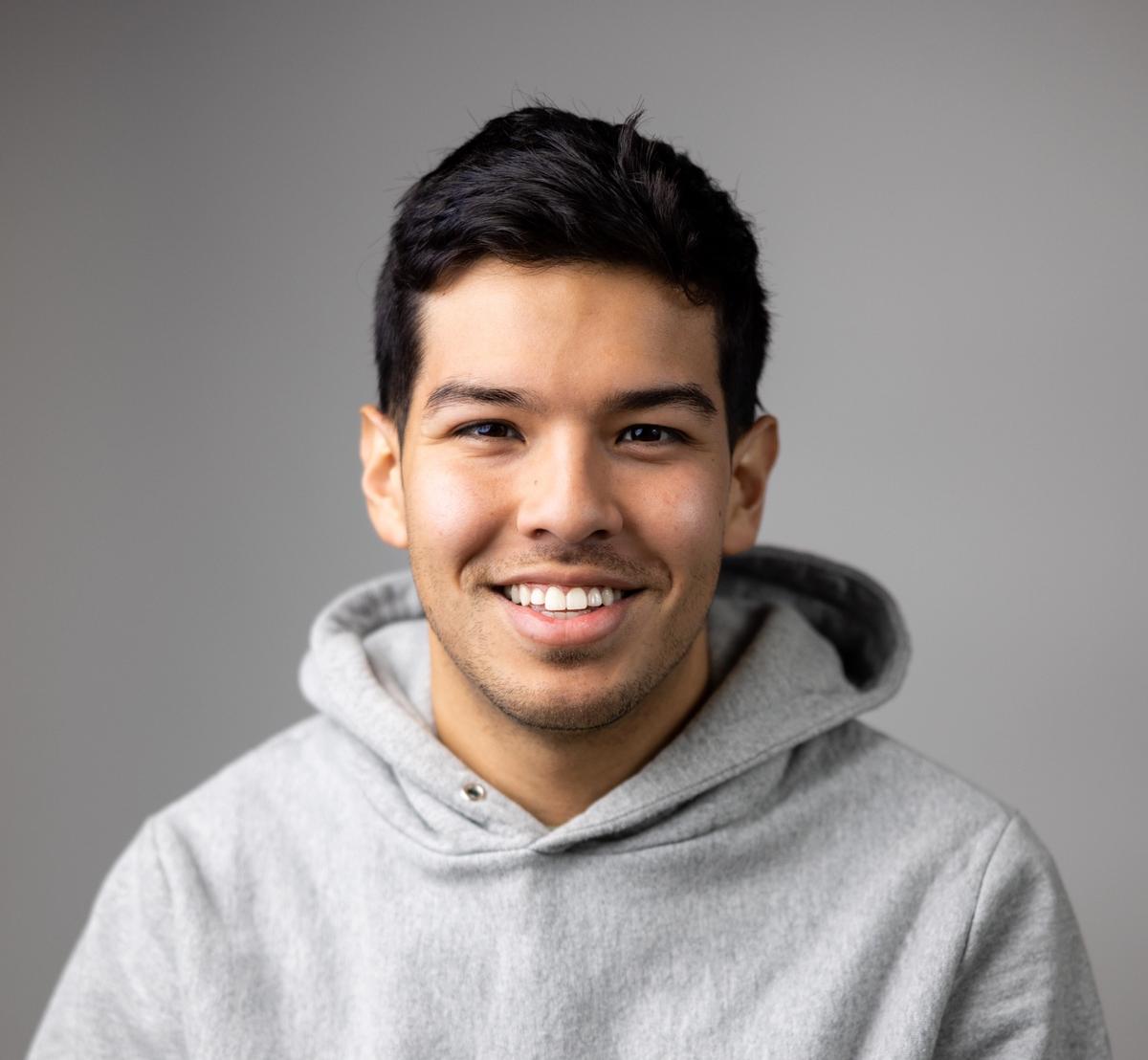By Chris Chavez
March 28, 2017
He’s got the Olympic gold medal and World championship silver and bronze medals in the 1,500 meters. Matthew Centrowitz could be just an American record away from putting himself at the top of the greatest U.S. 1,500 meter runner of all-time. He’s certainly in the conversation because of the hardware but being No. 1 in the record books would be the cherry on top of a career with lots of icing…and he’s still just 27 years old.
Bernard Lagat was 30 years old when he ran the current American record of 3:29.30. Centrowitz ran his personal best of 3:30.40 at the 2015 Monaco Diamond League meet and remains the third fastest of all-time. In the conversation of who could break the American record in this event, Centrowitz is the only man worth noting right now.
If we had this conversation a few years ago, we’d be hypothesizing about the resurrection of Andrew Wheating and his 3:30.90 performance from 2010. Wheating is no longer in that shape. Leo Manzano finished ahead of Centrowitz at the 2014 Monaco Diamond League and clocked a 3:30.98 but his 2017 indoor season was a nightmare. The next-best active American is Lopez Lomong with his 3:32.20 personal best from 2010, but like Wheating, is nearly seven years from that same race in Monaco.
There were several question marks surrounding Centrowitz’s shape heading into the trials as he had his own share of injuries before July. He captured a world indoor title but then got banged up and it led to a lack of racing.
Centrowitz was arguably the best 1,500 meter runner in the world in a year when he wasn’t in his best shape. It’s strange and it’s not a hands-down debate because of Asbel Kiprop’s success outside of Brazil. Kiprop was the Diamond League champion with wins in Doha, Eugene, Birmingham and Oslo. He clocked the fastest time of the year with his 3:29.33. Centrowitz didn’t run in any Diamond League 1,500 races and his fastest time was his Olympic Trials win in 3:34.09. Whether you’re Team Kiprop or Team Centrowitz depends on how much you value an Olympic gold medal or if you’re just tired of Kiprop being called the best in every year since London 2012. (For the record, Track and Field News snapped their 45-year streak without an American as their top-ranked 1,500 meter runner by giving Centrowitz the honors over Kiprop.)
Centrowitz finished the season as the Olympic champion with the slowest season’s best since Peter Rono ran won gold at the 1988 Seoul games and had a 3:35.59 season’s best. The other most recent Olympic champions clocked impressive times in the lead-up to the Olympics:
- 2000: Noah Ngeny ran 3:28.12 in August and then won gold in 3:32.07 in Sydney.
- 2004: Hicham El Guerroj ran 3:27.64 (his 8th fastest time) on Aug. 6 and then won gold in 3:34.18 just 20 days later.
- 2008: Asbel Kiprop ran 3:31 in July and then won gold the next month in 3:33.11 in Beijing.
- 2012: Taoufik Makhloufi ran 3:30.80 in July and then won gold the next month in 3:34.08 in London.
And then…
2016: Matthew Centrowitz runs 3:34.09 in July and then wins gold in 3:50.00 in July.
So he’s not in the trend of running a fast time before winning gold and just adds to the magic that was that Olympic final in Rio.
He also has time on his side, if he sticks with the 1,500 for a little while longer. Centrowitz could start his transition to the 5,000 meters before the 2020 Olympics in Tokyo but if we examine age for just one more second: Lagat ran 3:29.68 at 31. Sydney Maree was 28 when he ran 3:29.77.
Centrowitz has openly said that one of his remaining targets for his career is to notch that American record so the pursuit is on. He hasn’t been in a fast 1,500 meter race since Monaco 2015 and if he’s healthy then I’d circle my calendar for July 21 as the next big one. Monaco always turns out the stars and the Olympic champion will certainly have a spot in the race.

Chris Chavez
Chris Chavez launched CITIUS MAG in 2016 as a passion project while working full-time for Sports Illustrated. He covered the 2016 Olympics in Rio de Janeiro and grew his humble blog into a multi-pronged media company. He completed all six World Marathon Majors and on Feb. 15th, 2025 finally broke five minutes for the mile.